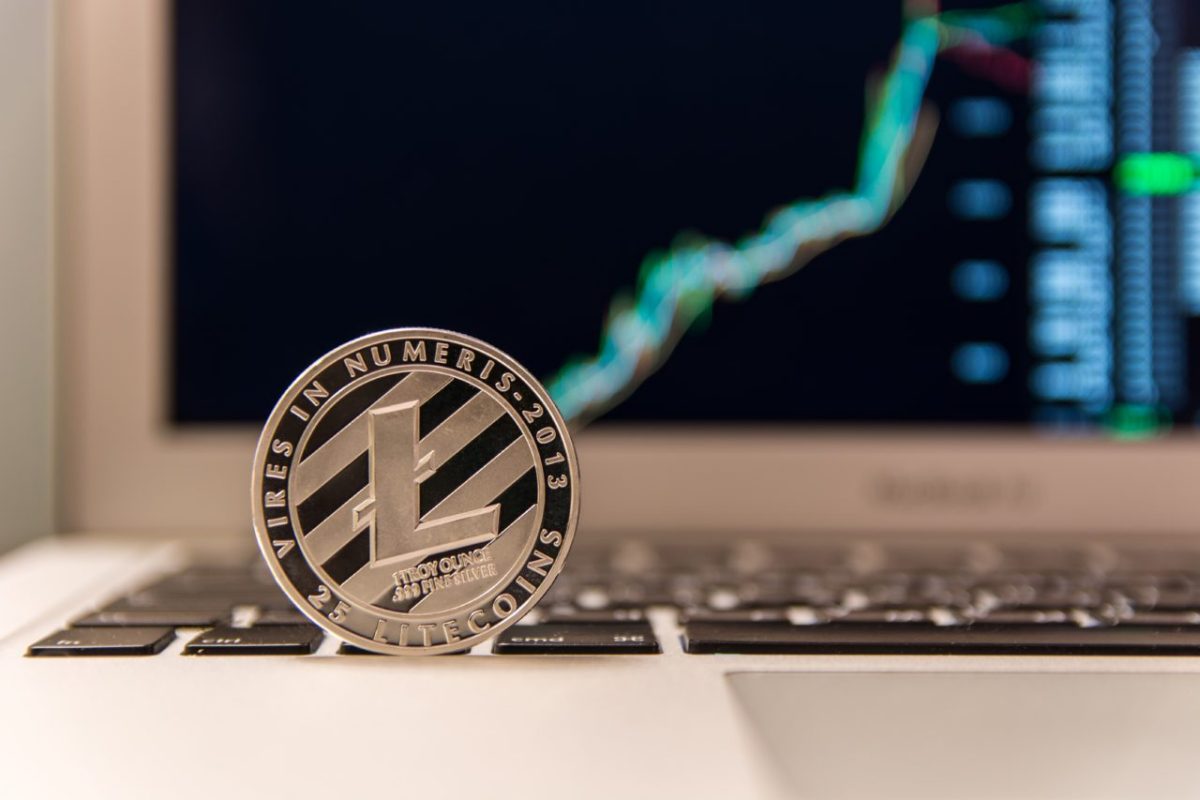Litecoin Embraces Smart Contracts with New Layer-2 Network
02.06.2025 15:00 1 min. read Alexander Stefanov
Litecoin is taking a major leap into the world of DeFi and Web3 with the launch of LitVM, a newly introduced Layer-2 network designed to bring smart contract capabilities to the long-standing cryptocurrency.
Revealed during the Litecoin Summit in Las Vegas, the LitVM project is being spearheaded by Lunar Digital Assets in collaboration with the Litecoin Foundation.
Built using BitcoinOS and Polygon’s Chain Development Kit (CDK), the network is Ethereum Virtual Machine (EVM) compatible and utilizes zero-knowledge proof technology to enable secure and trustless interactions.
This marks a significant shift for Litecoin, which has traditionally focused on speed and simplicity for everyday payments since its inception in 2011. With LitVM, the network is expanding its utility to support programmable applications, cross-chain asset movement, and more sophisticated financial products.
Litecoin creator Charlie Lee emphasized that the project remains grounded in the principles that have defined the blockchain for over a decade—security and reliability—while finally opening the door to modern blockchain use cases like smart contracts.
LitVM aims to unlock a new layer of possibilities for the Litecoin ecosystem. Its launch could pave the way for real-world asset tokenization, stablecoin-based payments, and native on-chain innovations like Runes and Lordinals—features that were previously outside Litecoin’s technical scope.
By stepping into the Layer-2 space, Litecoin is positioning itself to evolve alongside more advanced networks while offering its community access to a growing range of decentralized financial tools.
-
1
Top 10 blockchains by transaction volume in June 2025
06.07.2025 16:00 2 min. read -
2
German State-Owned Development Bank Issues €100 Million Blockchain Bond
11.07.2025 7:00 2 min. read -
3
Tether Ends Support for Five Blockchains in Infrastructure Shift
12.07.2025 11:30 2 min. read -
4
Cardano and Ethereum Lead in Developer Activity as GitHub Commits Surge
14.07.2025 12:00 1 min. read -
5
BNB Chain Upgrades and Token Delistings Reshape Binance Ecosystem
16.07.2025 22:00 2 min. read
Chainlink Partners With Westpac and Imperium to Tokenize Finance in Australia
Chainlink has announced a major institutional partnership with Westpac Institutional Bank and Imperium Markets as part of Project Acacia—a joint initiative involving the Reserve Bank of Australia and the Digital Finance Cooperative Research Centre (DFCRC).
BNB Chain Upgrades and Token Delistings Reshape Binance Ecosystem
Binance continues to refine its ecosystem in 2025, with major updates spanning performance upgrades, token listings and removals, and new token launches—all reinforcing its focus on scalability and innovation.
Ripple Powers UAE’s First Tokenized Real Estate Project via XRPL
Ripple has taken a major step in expanding its institutional digital asset infrastructure in the Middle East by partnering with Ctrl Alt to support Dubai’s first government-backed real estate tokenization initiative.
Cardano and Ethereum Lead in Developer Activity as GitHub Commits Surge
Recent GitHub data reveals which blockchain ecosystems and individual projects attracted the most developer attention last week—a key signal of long-term project strength.
-
1
Top 10 blockchains by transaction volume in June 2025
06.07.2025 16:00 2 min. read -
2
German State-Owned Development Bank Issues €100 Million Blockchain Bond
11.07.2025 7:00 2 min. read -
3
Tether Ends Support for Five Blockchains in Infrastructure Shift
12.07.2025 11:30 2 min. read -
4
Cardano and Ethereum Lead in Developer Activity as GitHub Commits Surge
14.07.2025 12:00 1 min. read -
5
BNB Chain Upgrades and Token Delistings Reshape Binance Ecosystem
16.07.2025 22:00 2 min. read


